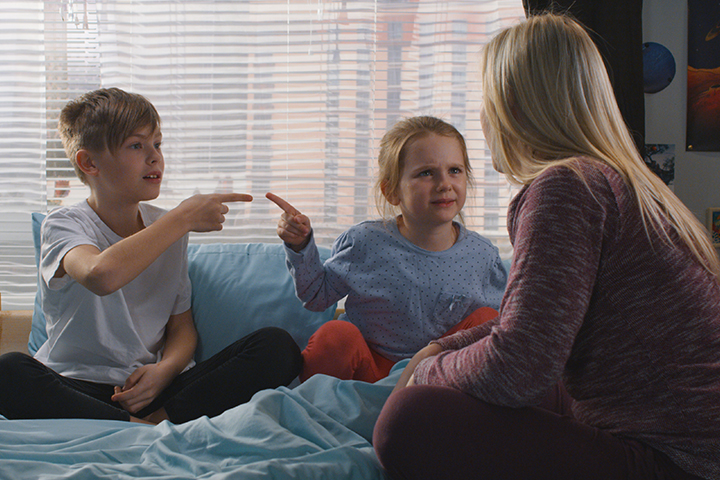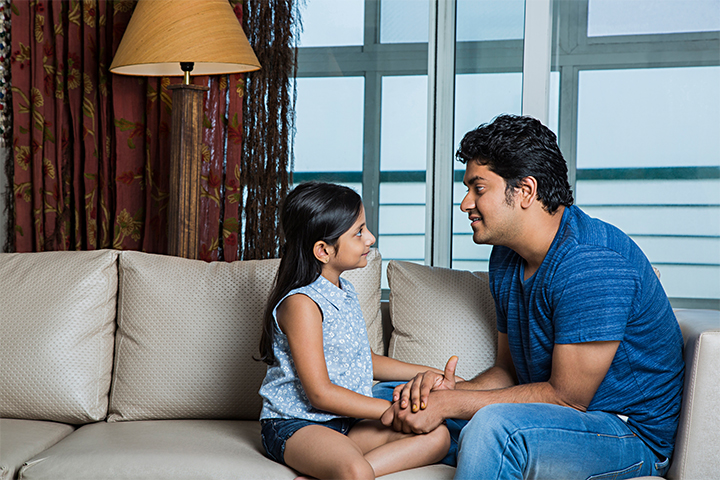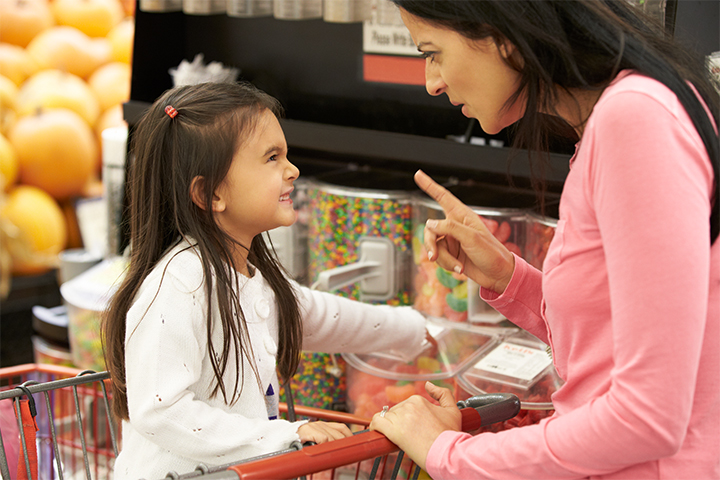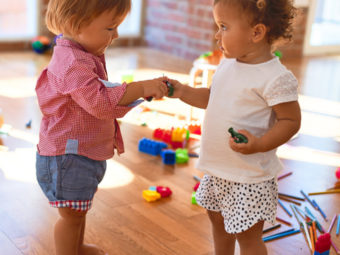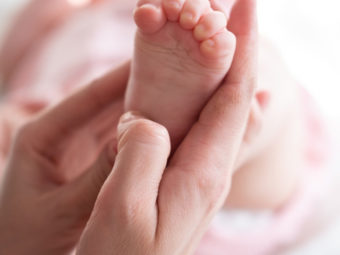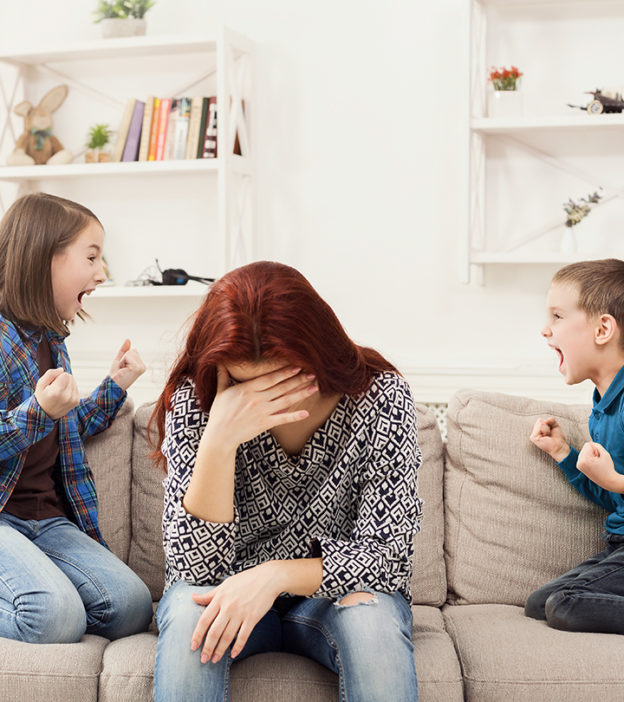
Image: iStock
All parents want what’s best for their children. They want them to be successful, happy and lead a full life. However, sometimes our approach to leading them to be good responsible adults is too harsh. And before you know it, the things you thought would help your child thrive may become the very things that are stopping them from reaching their full potential. No parent is perfect and we all make mistakes. But there are certain things that you absolutely should not do as a parent if you want your kids to grow up in a positive environment and have a chance at being emotionally and mentally sound. So, if you’d like a list that points out all the things you shouldn’t do to your kids, then this is the article for you. Read on to know them all!
1. Compare Your Child To Other Kids Or Their Siblings
Image: IStock
No one likes to be compared to someone else, especially not kids. As a parent there are times when it is impossible not to notice the difference in behavior of all of your kids. Maybe your eldest is a little more headstrong and the younger one is a lot more agreeable. But it’s important to keep in mind that your child is their own person, with their own behavior, temperament, and even mindsets. So it’s unfair to pit them against each other. Children who are constantly compared to their siblings will base their self-worth on it, which might undermine it. This can lead to them experiencing more anxiety and next to no motivation which can seriously affect how your kids tackle everything in their lives. So, the next time you want to point out a difference in behavior and compare your child to someone else, even if it is their sibling, think again!
2. Burdening Your Kids With Your Problems
Image: IStock
No matter how strong the bond is between parent and child, you must keep in mind that some boundaries have to stay in place. Your kids are still children who need your guidance and support, not the other way around. We all have personal problems and they can be hard to deal with if we also have kids to take care of. And we must be transparent with them. Showing your kids how to handle tough situations and hard emotions in a healthy way can be beneficial for you both, but this does not mean you unload your problems onto them. This can create a strange dynamic where the child can become the parent or friend. We shouldn’t turn to our kids for emotional help and let them just be kids. Be open and honest with your kids, but if you need someone to vent to, go to a friend or better yet, a professional.
3. Taking Out Your Frustration On Your Kid
Image: IStock
Have you ever noticed how you have a short fuse after a long hard day at work? Sometimes, everything your child does can set you off. And if it does, then maybe they aren’t the problem. We should never take our frustration on something or someone out on someone else, especially a small innocent child. This does only one thing. It makes your kids think that something that clearly isn’t their fault, is their fault. And then they will start to blame themselves whenever you are unhappy or upset. Instead, learn to recognise your emotions and the reasons behind them. If you are overwhelmed and need time alone, communicate this with your family and go into your room or take a shower until you cool off or you are finally in a different headspace. Once you’ve calmed down, you can tell your kids how you were feeling and how they helped you by giving you space.
4. Diminishing Your Child’s Feelings
Image: IStock
This is a big no-no. A lot of apartments think they are doing their kids a favor by telling them that the things they feel aren’t all that important or that they should learn to let it go. But this is not tough love. Diminishing your child’s emotions constantly will not make them more resilient or independent. It will only teach them to not speak up for themselves when they are hurt and will teach them to hide their emotions, which is never a good thing. The emotions your little one feels, even if it’s over something silly, are real. So make sure to acknowledge them and teach them how to work past these complex feelings in a healthy manner.
Raising kids is never an easy task. They need all the love and care in the world as well as guidance and help. While you are on your quest to make them self reliant and successful, make sure to avoid doing these things and harming them unconsciously.

